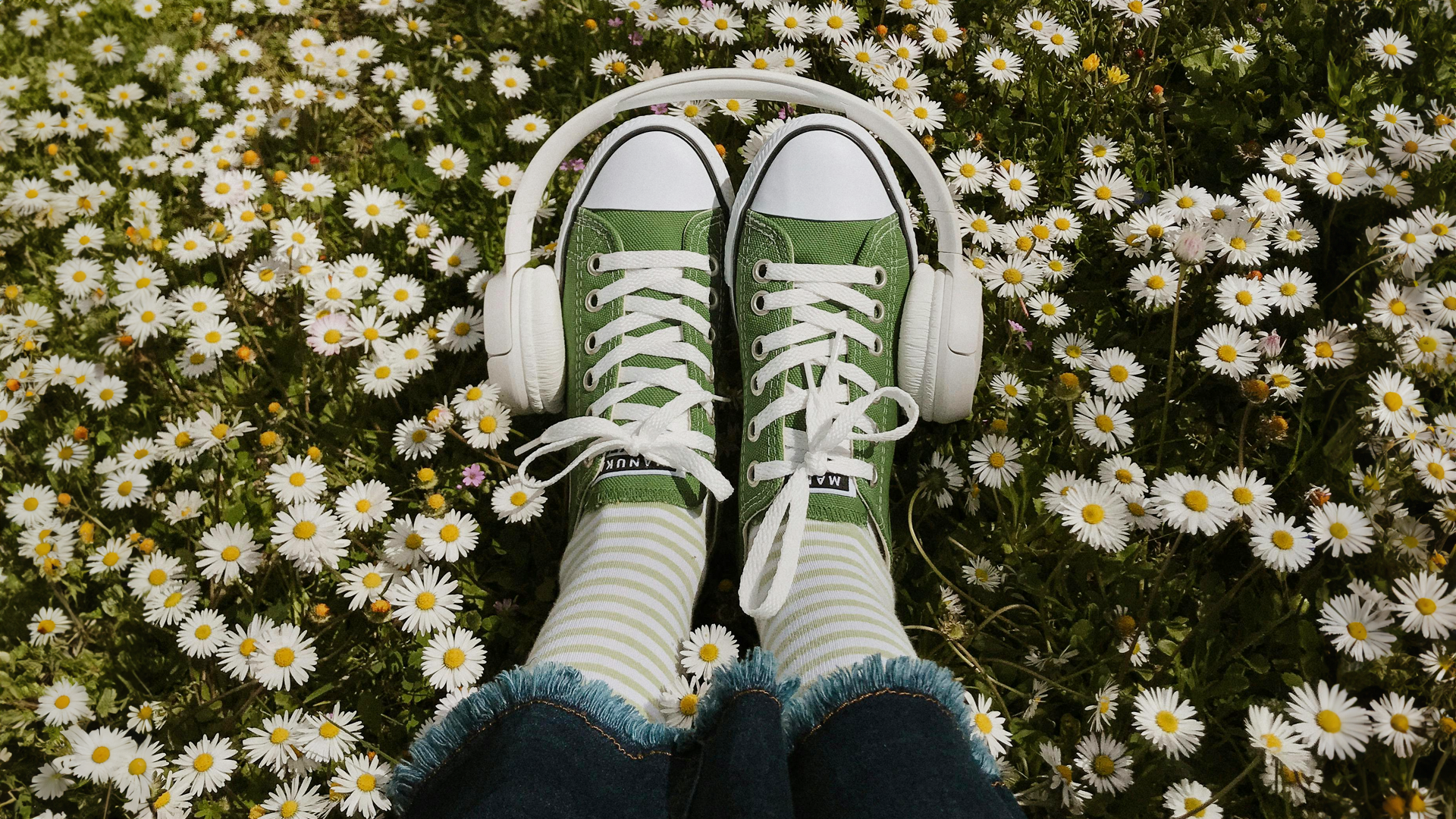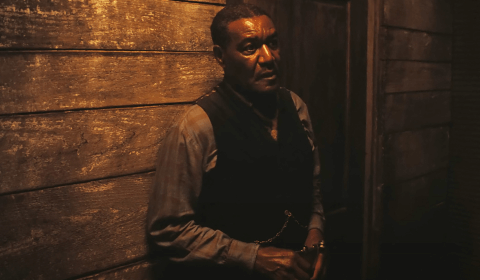As part of a new campaign, nature has been recognised as an artist on major streaming platforms, including Spotify. Royalties will go towards supporting climate action initiatives across the globe.
Temperatures are rising, habitats are diminishing, and glaciers are melting at an unprecedented rate.
As the climate changes, the Earth’s suffering continues to reach new heights, and the reality that we’re running out of time to do something about it becomes clearer.
These days, the natural world needs all the help it can get.
Considering that conventional methods of providing that aid have fallen relatively short thus far, it was perhaps to be expected that more unconventional methods would rear their heads eventually.
The most recent example of this is nature’s recent recognition as an official musician.
4.6 billion years ago a star was born.
Now NATURE is officially credited as a music artist on tracks using Nature sounds to support its conservation.
Listen to the Feat. NATURE playlist on Spotify now. pic.twitter.com/XklxZGEhOY
— Spotify Africa (@SpotifyAfrica) April 18, 2024
Yep, you read that right. Nature – as in, birds chirping in the forest, waves crashing in the ocean, and the sound of thunderstorms – is now listed as an artist on major streaming platforms, including Spotify.
It currently boasts over 1.8 million monthly listeners and a number of features on songs performed by the likes of David Bowie, AURORA, Ellie Goulding, London Grammar, MØ, and Tom Walker.
Part of a new campaign called Sounds Right that was launched by AKQA and UN Live last week, the aim is to encourage ‘music fans across the globe to recognise the intrinsic value of nature and to inspire them to take action.’
Its release is paramount, given that wildlife populations have significantly declined in the past five decades.
But how exactly does it benefit the environment?
It’s not every day a rock turn into a star. On #EarthDay, NATURE is officially an artist🌏 Since the official launch of @SoundsRight2024, on April 18 at the @UN, NATURE has already gained more than 1.5 million listeners on Spotify. Go listen and become a fan🎶 #soundsright pic.twitter.com/6Dh2P6VzPq
— Museum for the United Nations — UN Live (@museumfortheun) April 22, 2024
As programme director Gabriel Smales explains, royalties (collected by Brian Eno’s Earth/Percent charity) will go towards biodiversity conservation and restoration projects in threatened ecosystems around the world.
Artists who choose to credit ‘nature’ will see a share of at least 60% of their profits distributed to environmental causes and 63% of profits from ambient nature tracks will do the same.
‘The dream is that any artist who’s interested in collaborating with nature is able to visit our website, download nature samples and tag nature on their tracks, with a portion of the royalties donated to high impact conservation initiatives,’ Smales told the BBC.
‘What would nature spend her money on? She’d prioritise conserving and restoring ecosystems with the greatest levels of biodiversity and endemism.’
He added that funds will be distributed under the guidance of the Sounds Right expert advisory panel, a group of pioneering biologists, activists, and representatives of Indigenous Peoples.




















